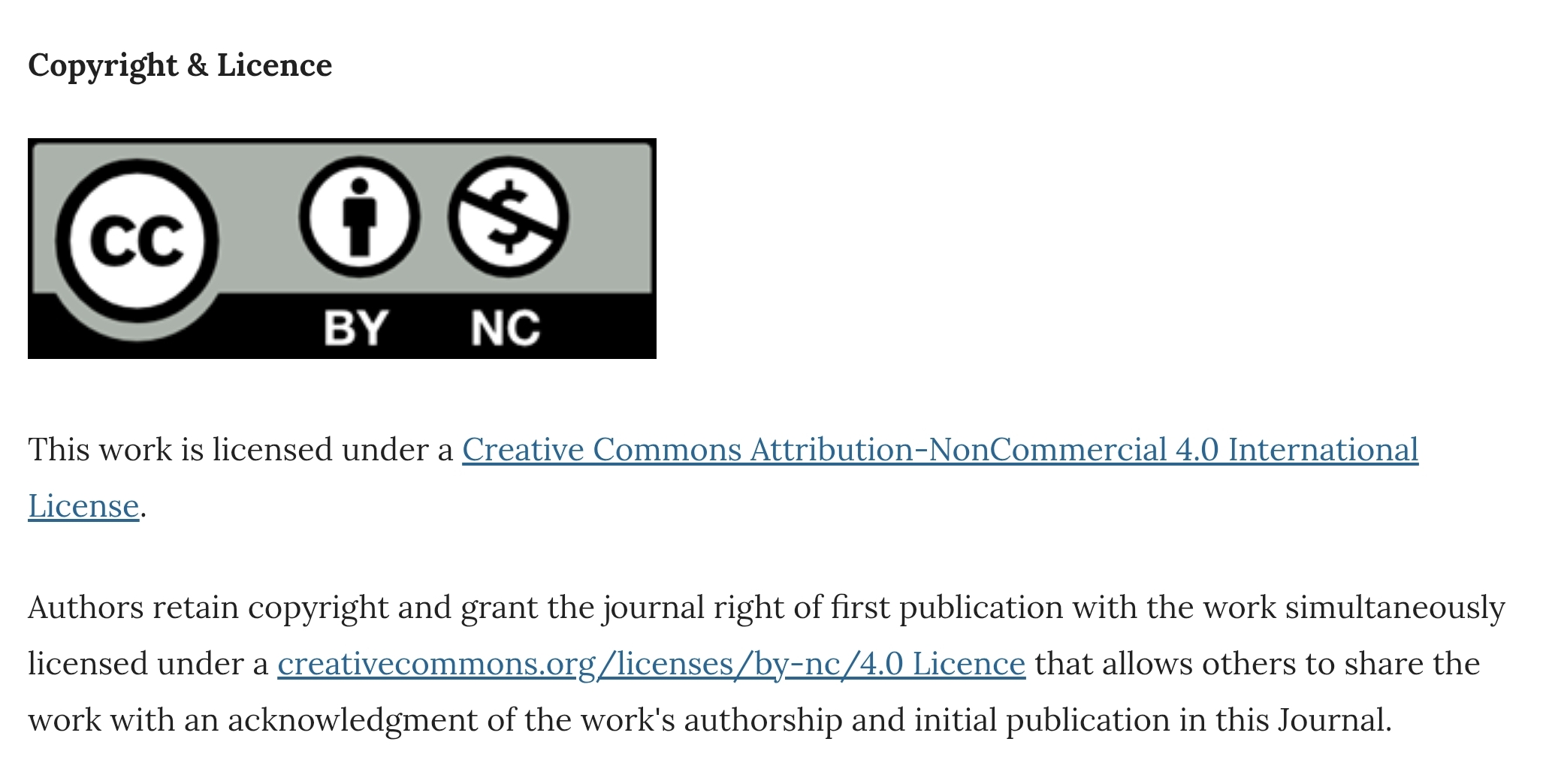Depression and anxiety symptoms in psoriasis patients compared to a control group without psoriasis—a descriptive study
DOI:
https://doi.org/10.30834/KJP.31.2.2018.159Keywords:
Depressive disorder, anxiety disorders, dermatology, psoriasis, quality of lifeAbstract
Background: Due to psychosocial and neurobiological reasons psoriasis is frequently associated with depression and anxiety. The aim of this study was to compare the occurrence of depression and anxiety symptoms in patients with psoriasis with a control group without psoriasis. It was also aimed to study the correlates of these psychological symptoms in patients with psoriasis.
Methods: A cross-sectional, comparison study was done on patients with psoriasis (N=35) and a control group (N=23), who were patients from Otorhinolaryngology department or their caregivers, without psoriasis, attending a tertiary care centre. In the study group, the severity of psoriasis, quality of life, depression and anxiety symptoms were assessed using the Psoriasis Area and Severity Index (PASI), Dermatology Life Quality Index (DLQI), Patient Health Questionnaire-9 (PHQ-9) and Generalized Anxiety Disorder-7 scale (GAD-7) respectively.
Results: 57.1% of cases (95% CI= 39.52-73.24) were found to have symptoms of depression versus 8.7% (95% CI= 1.52-29.51) of controls (p <0.01). 45.7% of cases (95% CI= 29.22 - 63.12) had anxiety symptoms while it was absent in controls (p<0.01). No significant difference between the cases and controls were noted in other variables. Scores of PHQ-9 (Ï=0.825, p<0.01) and GAD-7 (Ï=0.766, p<0.01) were found to have a significant positive correlation with DLQI scores—higher scores suggestive of poorer quality of life. No significant correlation was found between the duration of psoriasis, PASI, PHQ-9 and GAD-7 scores.
Conclusion: There is a high prevalence of depressive and anxiety symptoms in patients with psoriasis compared to a control group without psoriasis. Psychological symptoms have a significant correlation with poorer quality of life of patients with psoriasis.
Downloads
Downloads
Published
How to Cite
Issue
Section
License
Copyright (c) 2019 Kerala Journal of Psychiatry

This work is licensed under a Creative Commons Attribution-NonCommercial 4.0 International License.











